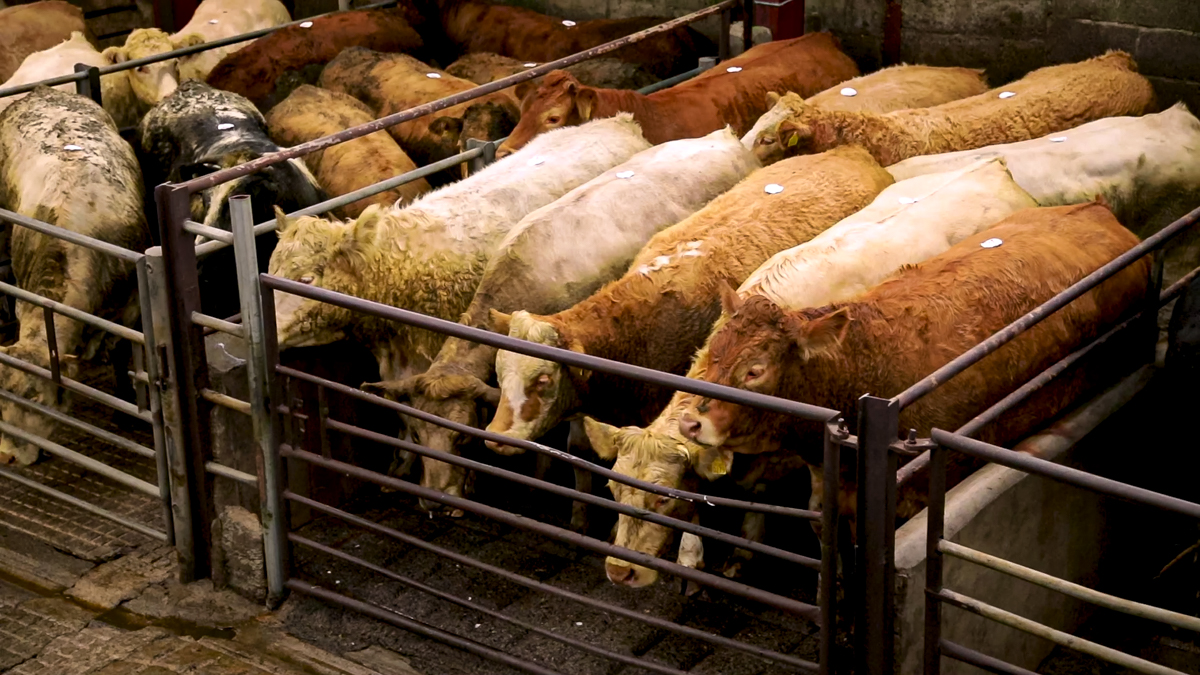We – Independent Farmers of Ireland [IFOI] – wish to make a statement in relation to the response from the Competition and Consumer Protection Commission (CCPC) to complaints received by it over the past number of months.
In particular, we are concerned at the decision to close the inquiry into accusations of cartel-like behaviour in the beef sector.
The CCPC claims that there is “insufficient evidence” of cartel-like activities in the beef sector. It said that, in court proceedings, the CCPC would need to produce tangible proof of an agreement between competitors to coordinate their activity, such as “written agreements between competitors to fix prices” to show that a cartel exists.
However, we would argue that this is not the case. According to a 2007 Organisation for Economic Cooperation and Development [OECD] report on ‘Prosecuting Cartels Without Direct Evidence Of An Agreement’, there are examples of how to use circumstantial evidence [to build a case]. We contend that we have this.
‘Refuses to look at the evidence?’
Does the CCPC refuse to look at the evidence? On March 3, 2020, we had a meeting with the CCPC in which we highlighted anti-competitive practices in the sector.
We told representatives from the CCPC that our presentation was based on evidence and that we expect further contact or request this when needed. We had no such contact.
Instead, IFOI made contact with the CCPC offering to present evidence to it. We were informed that these were just Government documents. The documents we are referring to are Pathways For Growth and Food Harvest 2020.
These are strategic plans set out for the agri-food sector, with input from Bord Bia. We believe that these strategies enabled an environment to develop vertical and horizontal supply chain integration to take place, but also anti-competitiveness.
From Pat Maher, Co. Kilkenny, Independent Farmers of Ireland
